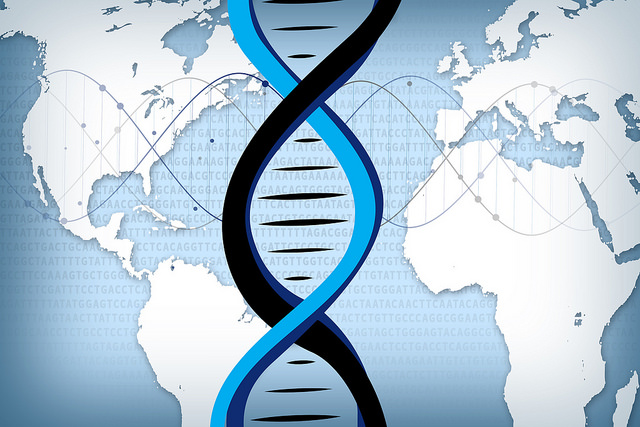World Health Organization advisers urge global effort to regulate genome editing
By Megan Molteni,
STAT [cites CGS]
| 07. 12. 2021
On Monday, a World Health Organization advisory committee called on the world’s largest public health authority to stand by the 2019 statement of its director-general urging a halt to any experiments that might lead to the births of more gene-edited humans.
The committee — established in December 2018, weeks after news broke of the birth of twin girls whose genomes were edited by Chinese scientist He Jiankui — said in a pair of long-awaited reports that the germline editing technology that led to the “CRISPR babies” scandal is still too scientifically and ethically fraught for use. But for other, less controversial forms of gene-editing, the reports offer a path to how governments might establish the technology as a tool for improving public health.
“The framework recognizes that policies governing the technology will likely vary from country to country,” committee co-chair and former U.S. Food and Drug Administration commissioner Margaret Hamburg said at a virtual press conference Monday. “Nonetheless the framework calls on all countries to incorporate key values and principles into their policies, such as inclusiveness, equal moral worth, social...
Related Articles
By Darren Incorvaia, Fierce Biotech | 05.28.2025
An international group of gene editing leaders has put out a call for a 10-year ban on heritable human genome editing (HHGE), extending a moratorium that was first proposed in the fallout of a Chinese researcher’s widely decried use of...
Last week, May 21–23, a broad range of experts gathered in Boston to discuss the future of powerful biotechnologies with the potential to change what it means to be human. The fourth in a series of international Summits on human genome editing, this event was organized by the Global Observatory for Genome Editing, which “seeks to expand the range of questions arising at the frontiers of emerging biotechnologies … and fosters international, interdisciplinary, and cross-sectoral dialogue.” Like previous Summits...
By Caiwei Chen and Antonio Regalado , MIT Technology Review | 05.23.2025
Since the Chinese biophysicist He Jiankui was released from prison in 2022, he has sought to make a scientific comeback and to repair his reputation after a three-year incarceration for illegally creating the world’s first gene-edited children.
While he has...
By Kevin Davies, Genetic Engineering & Biotechnology News | 05.21.2025
This week a diverse group of researchers, bioethicists, publishers and theologians, are gathering in Cambridge, Massachusetts, to extend and expand the rolling debate about the merits of human heritable genome editing (HHGE). The international summit is being hosted by the...




